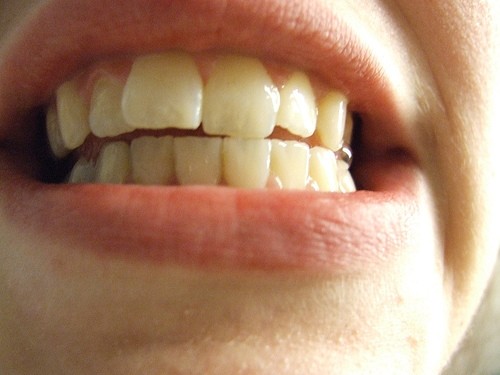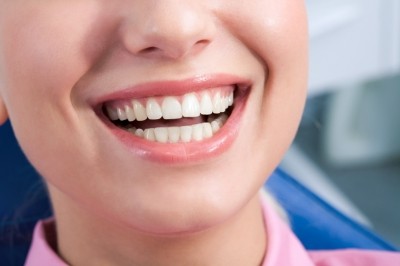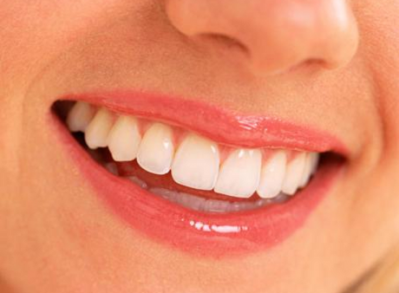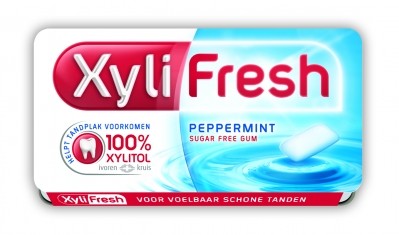Wrigley struggles to backup sugar-free gum tooth remineralisation effect

In a review published in the Advances in Dental Research journal, Michael Dodds and other Wrigley employees assessed data from previous studies that looked at how various active agents in gum could return minerals to the tooth thus preventing tooth decay.
Active agents assessed included calcium lactate, tetracalcium, phosphate/dicalcium phosphate anhydrous, calcium citrate/encapsulated phosphate, and a calcium lactate/sodium phosphate blend.
Dodds and his team found that despite promising data from studies conducting using components of isolated organisms (in vitro studies), data from research in the actual mouth (in situ studies) failed to give consistent results.
Active agents give inconsistent data
“Chewing sugar-free gum alone provides a proven remineralization and anti-caries benefit, said the authors.
“However, against this background level of enhanced remineralization provided by the action of gum-stimulated saliva flow, it has proven challenging to provide unequivocal and consistent evidence for a statistically significant and clinically relevant superior effect for gum with specific active agents providing an anticaries effect,” they continued.
The authors called for better predictive in vitro models for chewing as well as improved sensitivity of in situ models to determine small amounts of remineralisation amid high biological variability.
Building a health claim case?
Wrigley could be working towards building a case for an approved health claim in the EU. Some of the regulatory issues are even explicitly mentioned in the study.
European Foods Safety Authority (EFSA) has currently issued six positive opinions on health claims for sugar-free gum, including that it helps to maintain tooth mineralisation and that sugar free gum containing fluoride increases the resistance of enamel to acid attacks and increases the rate of remineralisation.
EFSA positive opinions on sugar-free gum
These health claims have no gone to the European Commission which will decide whether to approve the claims, amend them, or reject them.
Source:
Advances in Dental Research, September 2012; 24 (2) 58-62
doi:10.1177/0022034512452886
‘Delivery of Active Agents from Chewing Gum for Improved Remineralization’
Authors: M.W.J. Dodds, D. Chidichimo, and M.S. Haas








